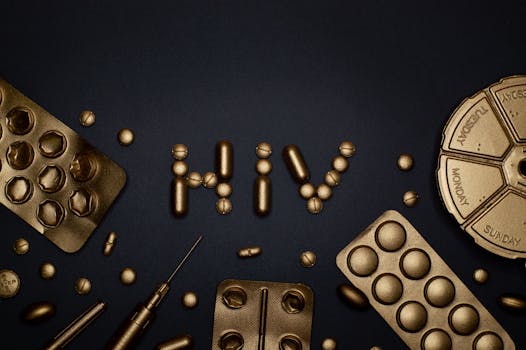
The Science Behind Vaccines and Public Health
The science behind vaccines and public health is a complex and multifaceted field that has saved countless lives. Vaccines have been widely used for over two centuries, and their impact on public health has been profound. In this article, we will explore the history of vaccines, how they work, and their importance in preventing infectious diseases.
History of Vaccines

The concept of vaccination dates back to ancient times, when people first observed that individuals who had contracted and recovered from certain diseases were immune to future infections. The first vaccine was developed by Edward Jenner in 1796, who used a weakened form of the cowpox virus to protect against smallpox. Since then, vaccines have been developed for a wide range of diseases, including measles, mumps, rubella, polio, and many others.
How Vaccines Work

Vaccines work by introducing a small, harmless piece of a disease-causing agent, such as a virus or bacteria, to the body. This stimulates the immune system to produce antibodies and immune cells that can recognize and attack the disease-causing agent. As a result, the body is able to build up a defense against the disease, preventing infection and reducing the risk of transmission to others.
Types of Vaccines

There are several types of vaccines, including inactivated vaccines, live attenuated vaccines, and conjugate vaccines. Inactivated vaccines contain a killed or inactivated form of the disease-causing agent, while live attenuated vaccines contain a weakened form of the agent. Conjugate vaccines combine a weakened form of the disease-causing agent with a carrier protein to enhance the immune response.
Importance of Vaccines

Vaccines are essential for preventing infectious diseases and protecting public health. By vaccinating against diseases such as measles, mumps, and rubella, we can prevent outbreaks and reduce the risk of transmission to others. Vaccines have also been instrumental in eliminating diseases such as smallpox and polio, and have significantly reduced the incidence of diseases such as measles and whooping cough.
Benefits of Vaccines

The benefits of vaccines are numerous. They not only protect individuals against infectious diseases but also prevent the spread of disease in the community. Vaccines have also been shown to reduce the risk of complications and death from infectious diseases. Additionally, vaccines have economic benefits, as they reduce the cost of healthcare and lost productivity due to illness.
Challenges and Controversies

Despite the many benefits of vaccines, there are still challenges and controversies surrounding their use. Some people are concerned about the safety of vaccines, citing concerns about ingredients such as mercury and aluminum. Others are concerned about the potential for vaccines to cause adverse reactions. However, the scientific evidence is clear: vaccines are safe and effective, and their benefits far outweigh their risks.
Conclusion

In conclusion, the science behind vaccines and public health is a complex and multifaceted field that has saved countless lives. Vaccines have been widely used for over two centuries, and their impact on public health has been profound. By understanding how vaccines work and their importance in preventing infectious diseases, we can work to promote vaccine awareness and increase vaccination rates, ultimately protecting public health and preventing the spread of disease.





